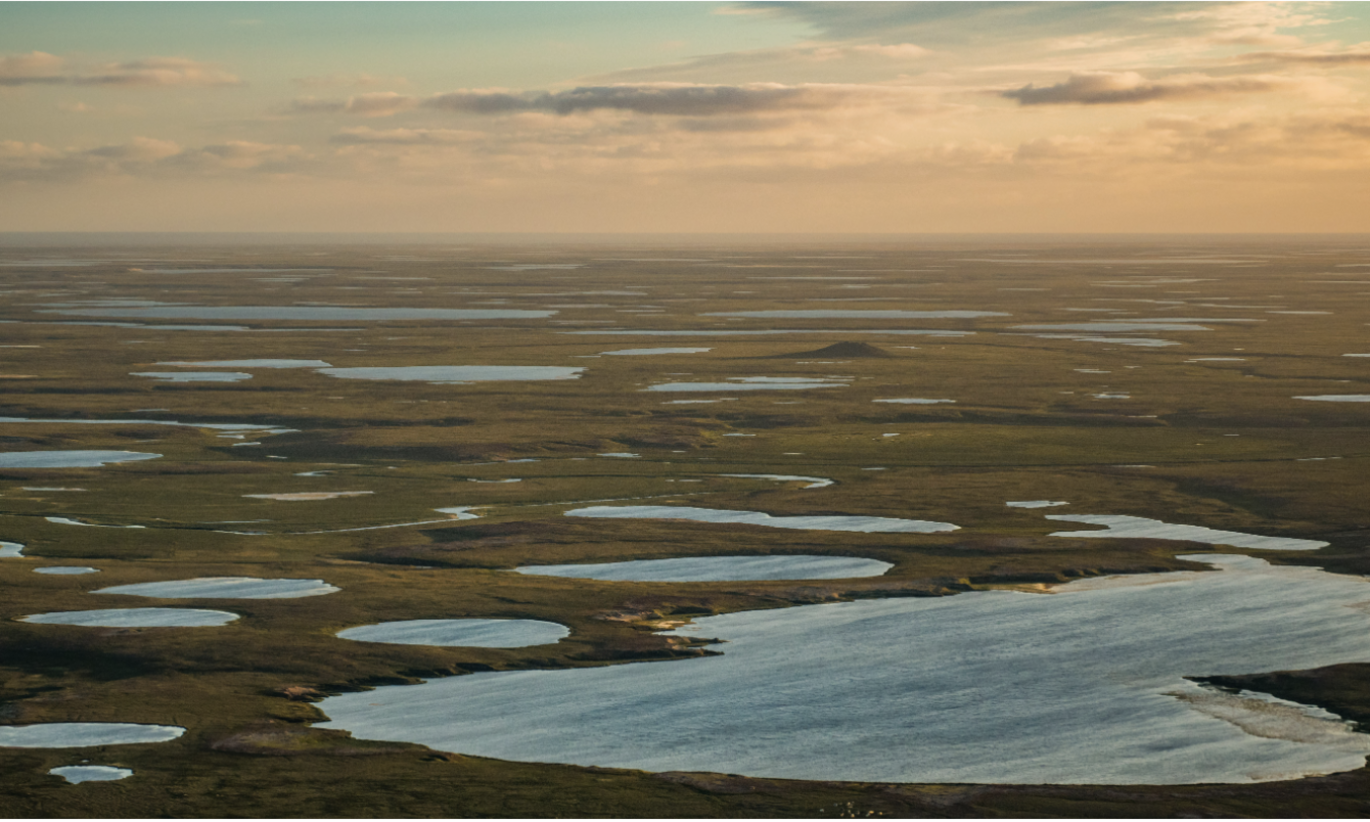Earth Sensations: Affects, sensibilities and attachments in an era of climate change
A conference by Aarhus Institute of Advanced Studies, co-sponsored by CEH

Info about event
Time
Location
Aarhus Institute of Advanced Studies (AIAS), Aarhus University, Høegh-Guldbergs Gade 6B, DK-8000 Aarhus C
Aarhus Institute of Advanced Studies, Denmark
Organisers: Iwona Janicka & Tobias Skiveren
Confirmed keynote speakers
Jane Bennett (Johns Hopkins University, USA)
Alexis Shotwell (Carleton University, Canada)
Nicole Seymour (California State University, Fullerton, USA)
Natural environments generate a wealth of sensations that we are often unable to name. As affective inputs, these can be positive: as when we dig into the ground in the planting season and enjoy the smell and touch of rich soil, or when we walk through the forest and feel at peace. But they can also be negative: as when our favorite tree gets cut down, when the meadow where we used to walk our dog is transformed into a building site, or when the sea we swam in is littered with plastic. What kinds of sensations do such encounters with natural environments generate in us? To what extent are they constitutive to us both as individuals and collectives? And how can we articulate these sensations in ways that will contribute to creating more resilient communities, both human and nonhuman? In the face of climate change, we become less resilient (politically, socially and ecologically) and more disoriented. Various philosophers and public intellectuals have offered us important conceptual tools to help us understand our rapidly transforming world. Yet, the emotional disorientation is rarely addressed. This conference wishes to fill this gap by exploring the various sensations, affects, sensibilities and attachments that our changing natural environments generate.
This interdisciplinary conference aims to examine sensational dynamics generated by natural environments in an era of climate change. It intends to explore how ecological mutation reconfigures the way we feel, sense, desire and what long term effects these changes have on mental health and existential wellbeing of individuals as well as communities. Several scholars have explored the deep link between the health of the environments we live in and our physical and psychological health. Notably, Glenn A. Albrecht has coined the term ‘solastalgia’ to describe the feeling of desolation at the loss of natural environments in which we have previously found solace (Albrecht 2006). How do we sustain environments that bring us comfort in the age of natural disasters (flood, wildfire, drought, volcanic eruptions) and human- induced transformations (deforestation, air pollution, overpopulation, urbanisation, intensive mining, war, terrorism)? How do we sustain ourselves, mentally and emotionally, when these environments are destroyed? How do we compose more-than-human collectives that provide favorable conditions not only for the survival of but also for the thriving of humans and nonhumans alike?
The conference wishes to approach these questions from within the theoretical framework of posthumanities, broadly considered. Simply put, instead of ‘humans in nature’, where nature is considered as a mere backdrop for human activities, we wish to examine human-nonhuman collectives in interdependencies and intra-actions. The conference welcomes contributions from scholars working within environmental humanities, ecocriticism, affect theories, medical humanities, ecology and other disciplines working on environmental issues as well as artists and practitioners concerned by these questions. In highlighting the term sensation, we aim to capture a range of perceptual phenomena: touch, smell, sight, hearing, taste, proprioception, emotions, feelings, as well as mental health and processes of sense making.
Read more information and register on the AIAS conference site.
Call for papers deadline 1 June 2022. Read the full call for papers here.
